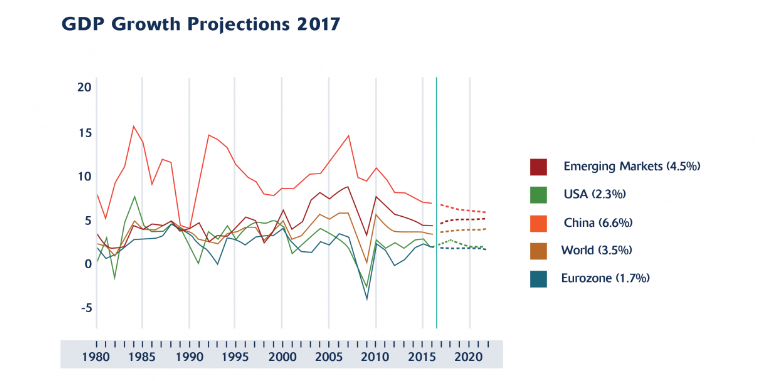The Unknowns of Changing Jobs
Unless you are a serial entrepreneur from graduation until the end of your working career, at some point in life you will change jobs. Some may change jobs every couple of years to remarket themselves and have the opportunity for an improved income. In the current economic climate where job security is a scarcity, you may find yourself rethinking the industry you are in or perhaps find yourself being forced to find something that pays better.
There seems to be an information gap when changing jobs. Most companies don’t make a concerted effort to ensure that you understand the impact on your benefits and your new company seem to emphasize your ‘boosted” net salary, making it seem that your new package is impressive. The bottom line is that there is a terrible gap and you suffer the consequences as a result, not any company.
In my experience, there are some overlooked or misunderstood aspects of changing jobs, which I have highlighted below
If you are lucky enough to have benefits with your company, for example, a retirement fund and group risk benefits (Life cover and disability cover), on the last day of your employment, your life cover and disability cover fall away. Make sure that you either have the same benefits as your new company or you are aware of how much the cover will cost you in your personal capacity. Factor this in when negotiating your new salary.
If you need cover in your personal capacity, you may have the option to continue your benefits with the same insurer without medical underwriting, provided you don’t increase your cover.
This is a good opportunity to tailor your cover to put in place what you actually need, as opposed to a random factor of your salary. Have a financial needs analysis done as the cover you need, maybe less.
Regarding your retirement fund – if you have a pension or provident fund, you will have the option to withdraw the funds. Everyone’s situation is different but unless you are emigrating, I can’t think of a reason to withdraw your funds. The sad fact is many South Africans do, as there is always a credit card to be paid off, a kitchen to renovate or a school trip to pay for. The miraculous timing of access to some cash always seems to come at the perfect time. Withdrawing not only has a negative tax implication but most forget about the huge opportunity cost of what the seemingly small lump sum at the time can grow to over the next 20 to 30 years!
Some withdraw the funds and invest them in a voluntary investment, such as a unit trust, this is much better than spending the funds, however, you are still creating a negative tax event.
Withdrawals before retirement age are taken into account at retirement age and reduce your tax-free portion (currently R500,000) at retirement.
Before you make the decision find out all of the implications so that you can make a well-informed decision.
You have several options to keep your retirement funds invested. Depending on what your retirement fund is, you could transfer it to your new employer fund, preserve your funds in your own investment account or transfer the funds to a retirement annuity.
If you don’t have a retirement fund with your new company, make sure that you have a retirement annuity in your personal capacity so that you can continue saving towards retirement. They offer an opportunity to reduce your tax bill whilst providing for your future self.
When moving, don’t forget to nominate beneficiaries on your life cover with the company and also for your retirement fund.
Change the unknowns to “knowns”, empower yourself and make informed decisions that positively impact your financial future.
Changing jobs provides the ultimate opportunity to review your financial plan with your advisor and to make any necessary re-alignments.
Disclaimer: The contents of this article do not constitute advice































